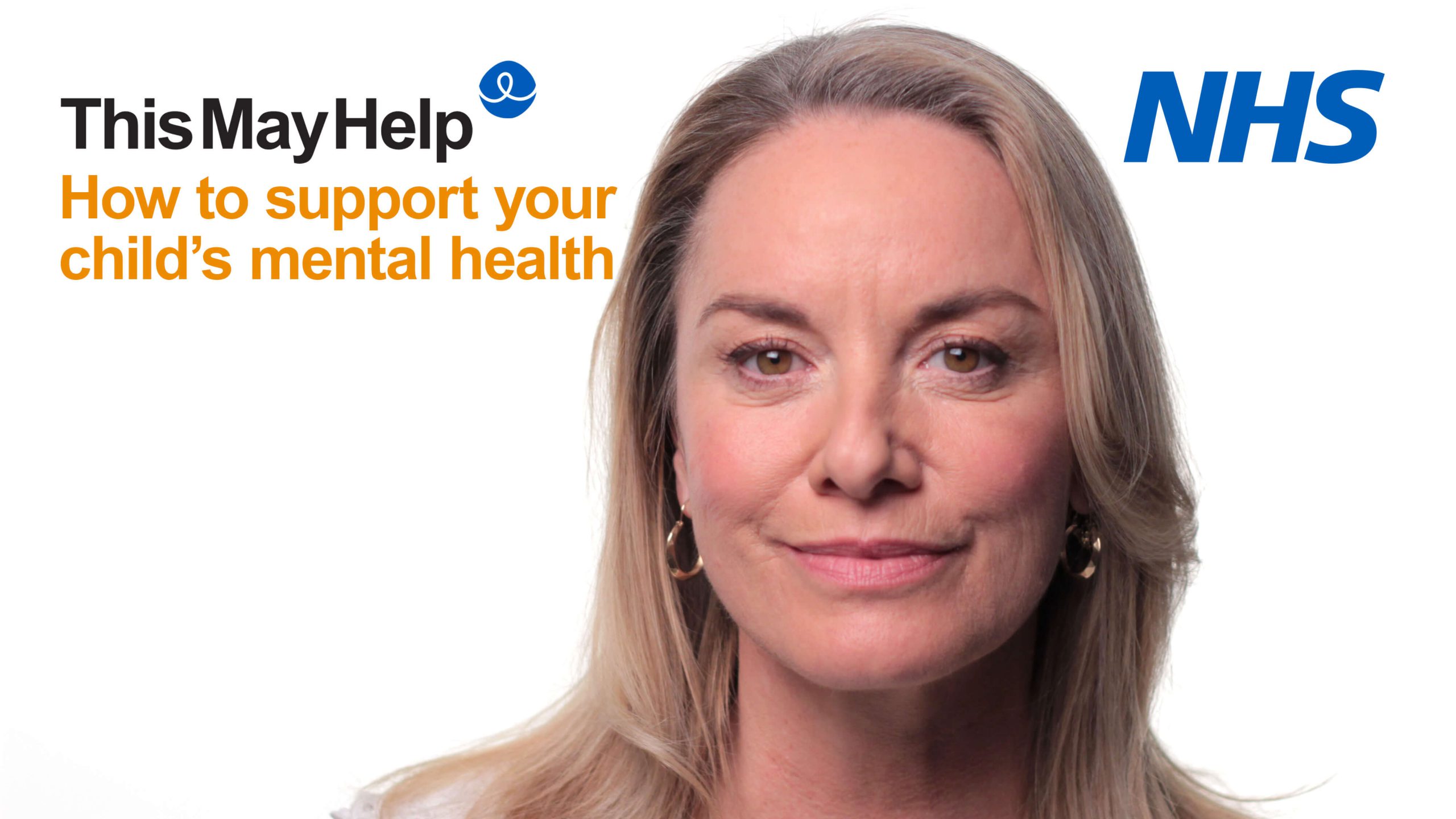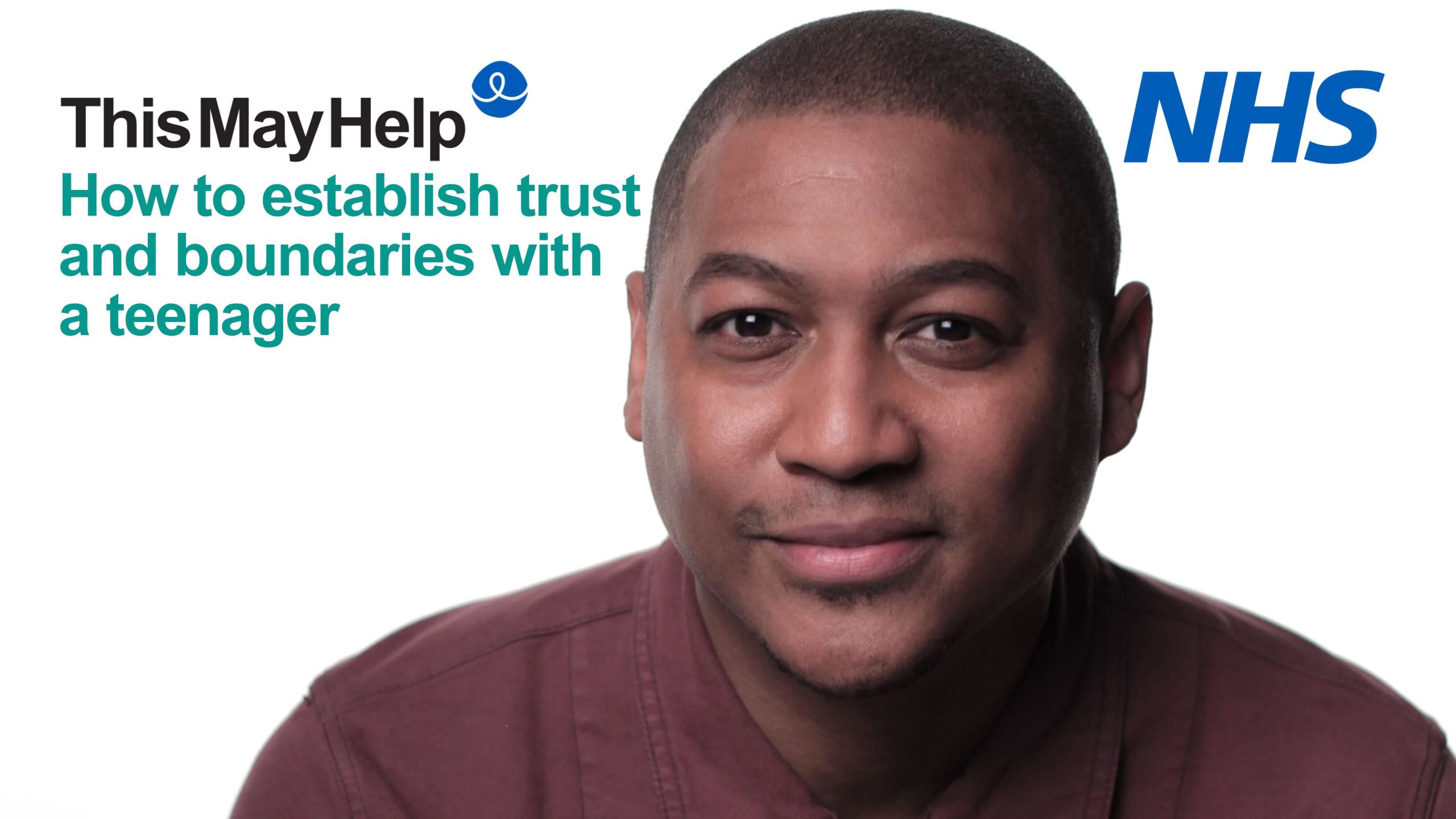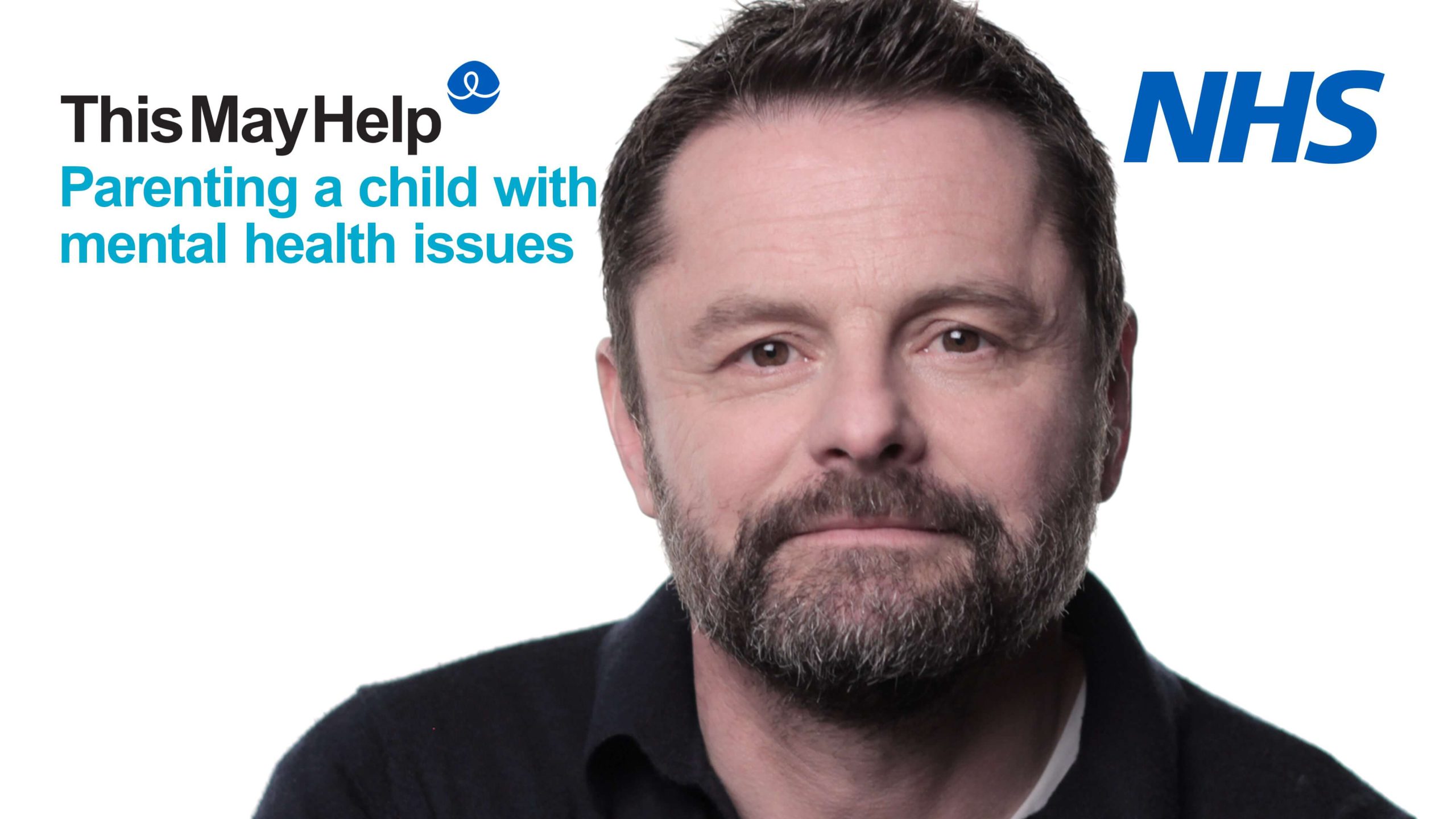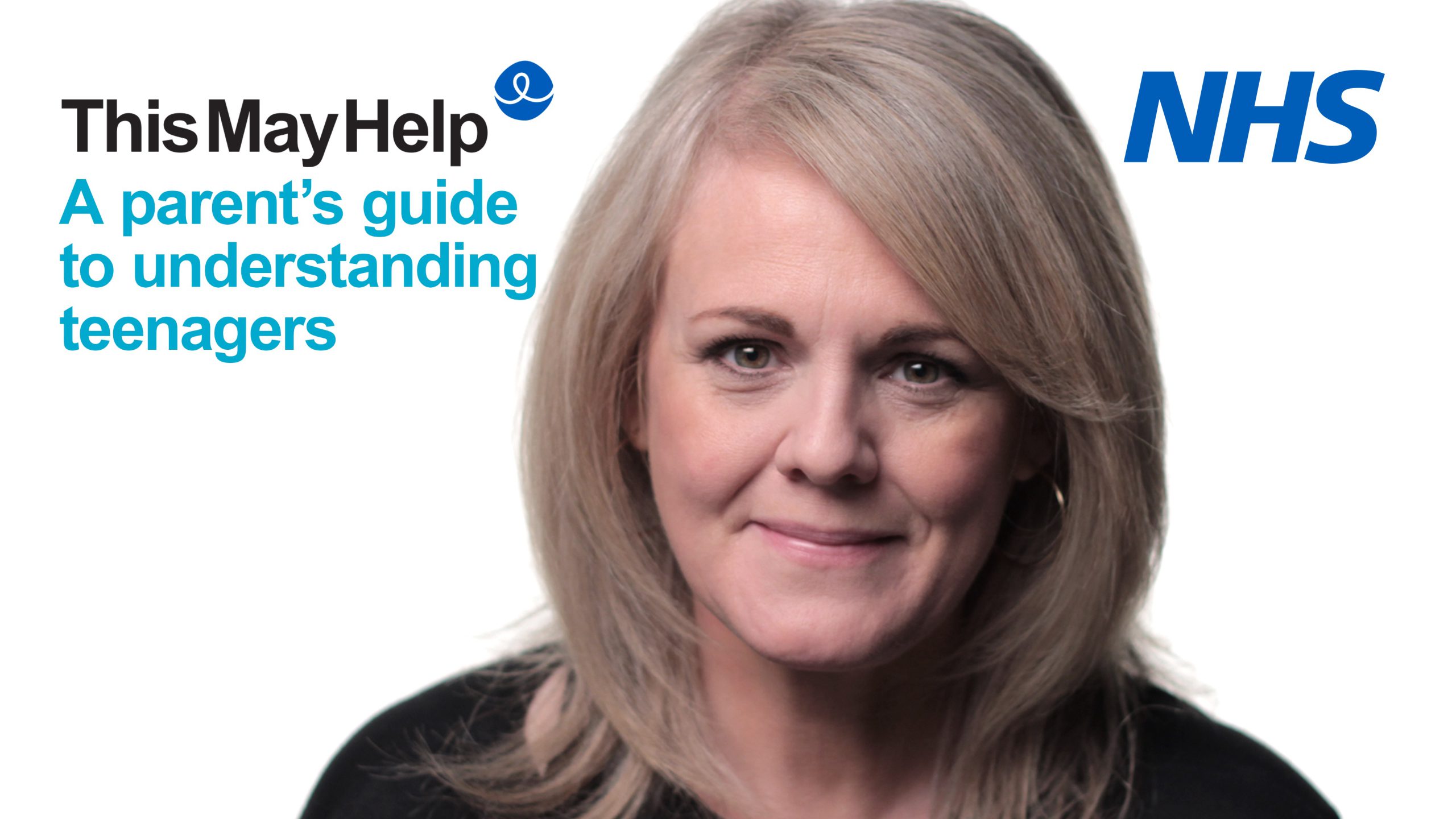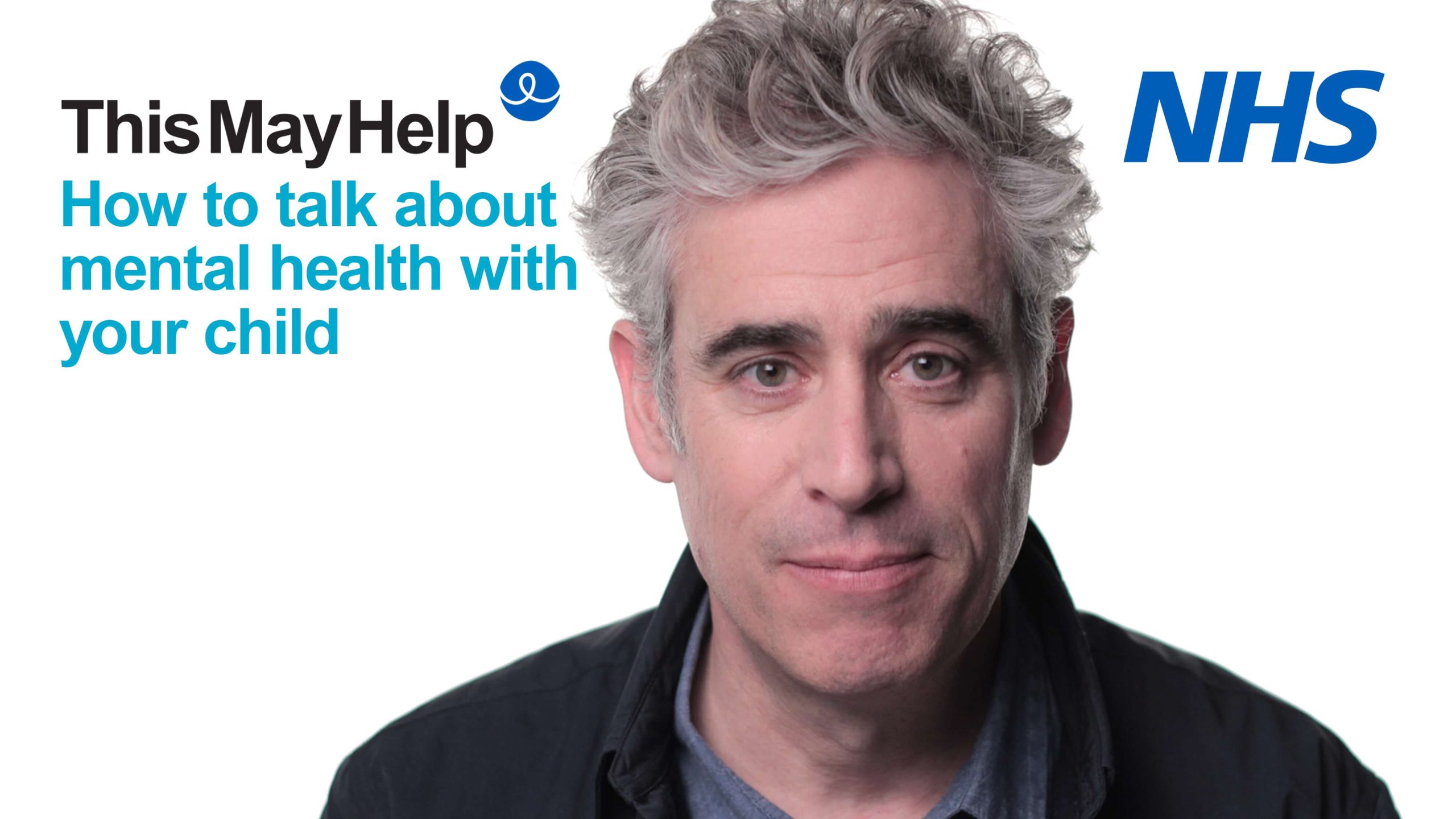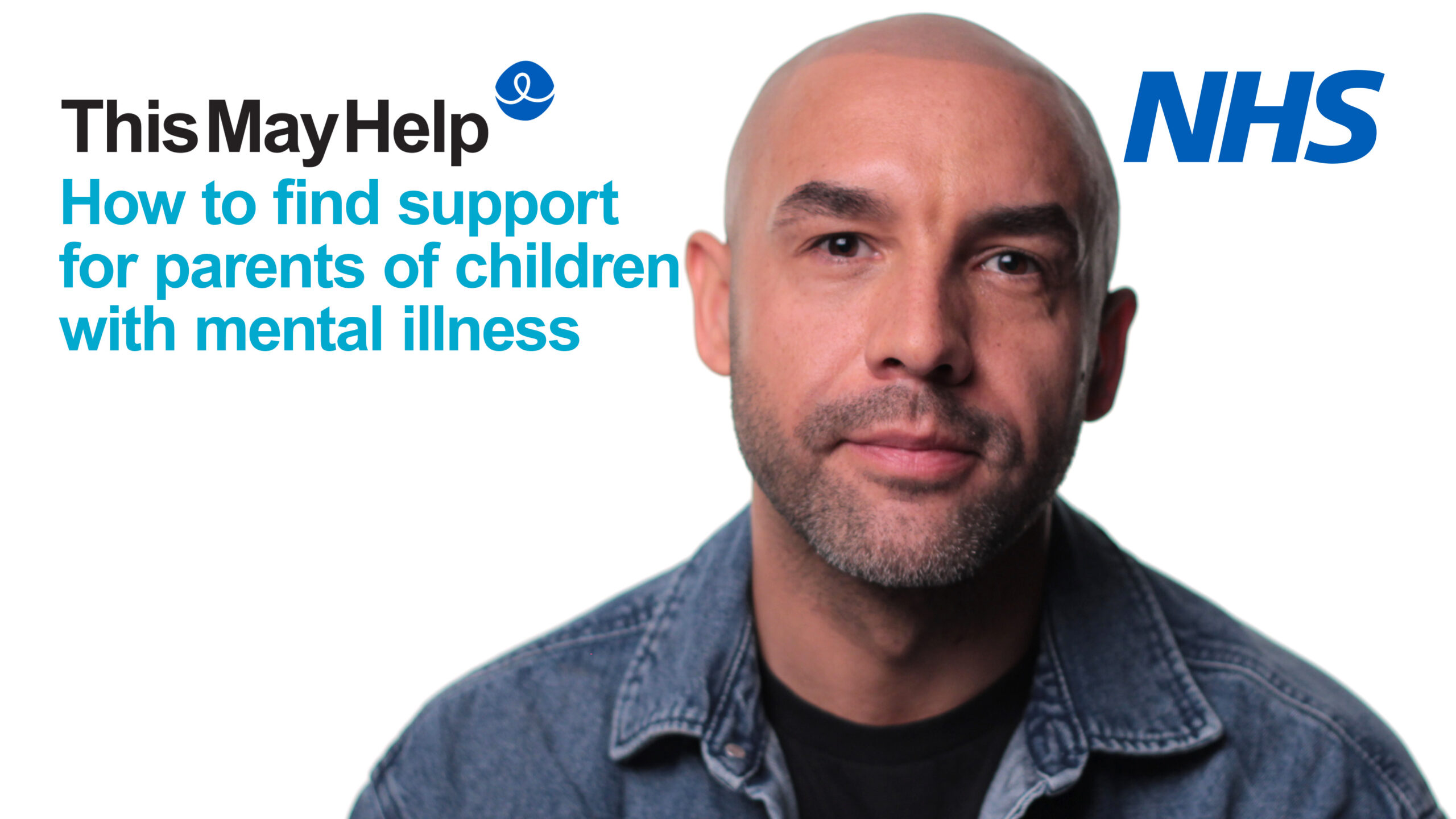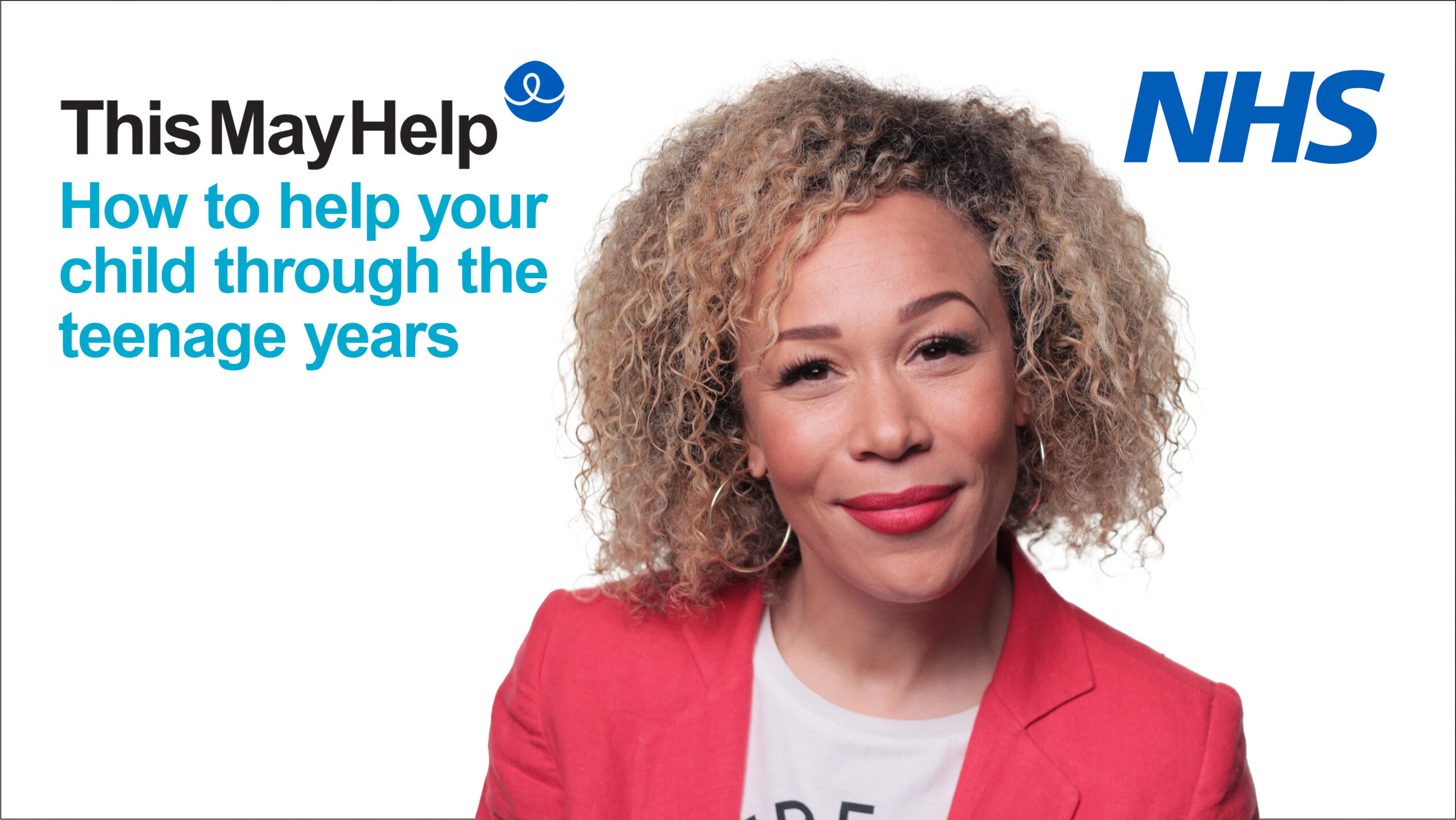It’s normal for young people to experiment with drugs and alcohol at some point and to varying degrees, but it can be extremely worrying if you discover that your child is misusing them to cope with deeper issues.
In this video, Edith Bowman shares five tips from NHS mental health experts about what to do if you’re worried about your child’s relationship with drugs or alcohol.
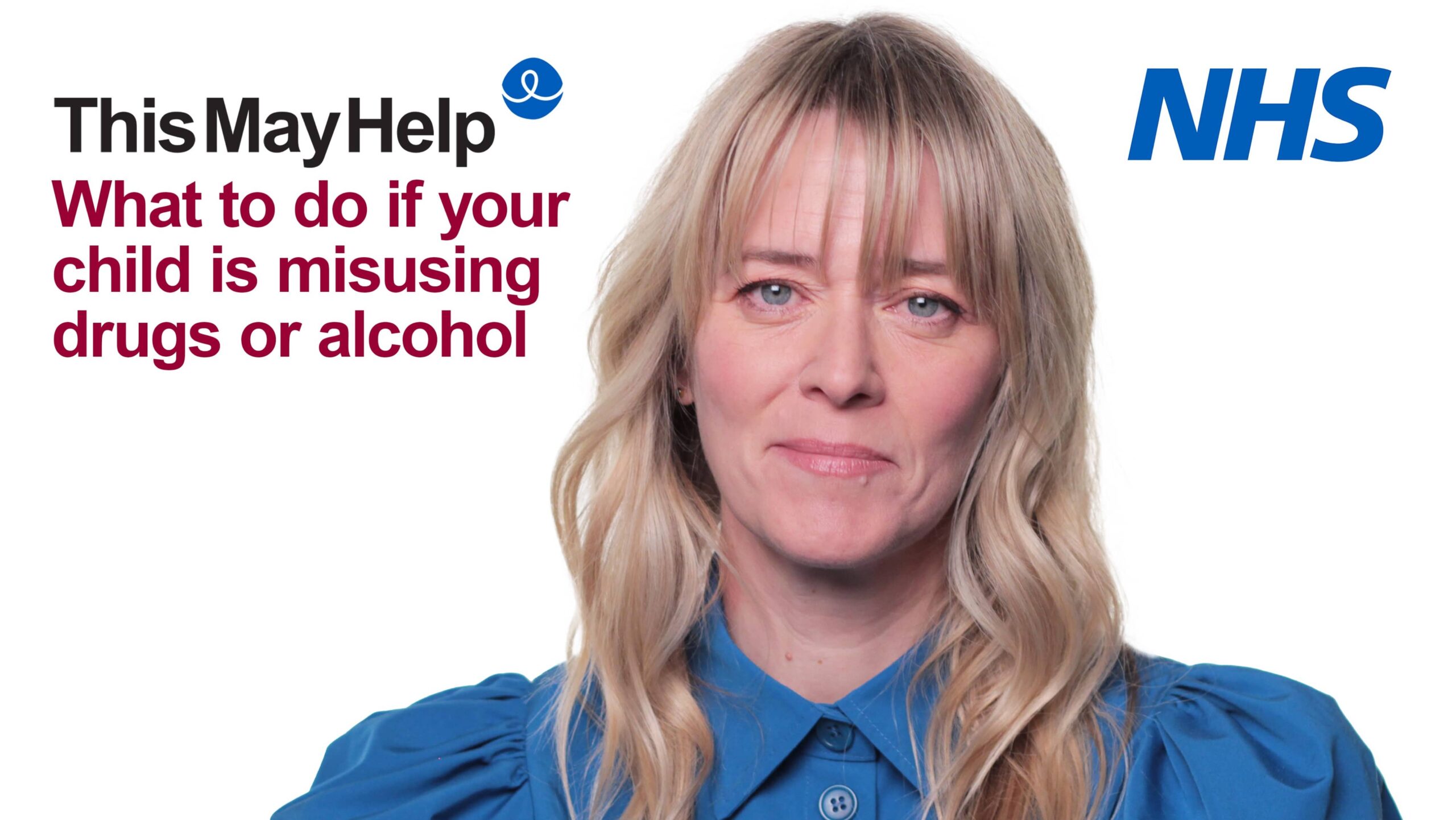
More support
1. Identify the signs
If you notice changes in your child’s physical appearance, personality, outlook or behaviour then it might suggest that something’s wrong. The signs might not be obvious and will vary depending on what they’re using, but you know your child better than anyone, so trust your instincts.
Some signs to look out for:
- You might notice that they appear drowsy.
- They may have red-rimmed eyes and / or a runny nose.
- They may have begun staying out late or mixing with new people.
- You may have started to notice mood swings, antisocial behaviour or a negative attitude.
- They may not be sleeping properly or are getting up late.
- They may be being secretive or evasive about what they’re doing or where they’re going.
- They may have stopped paying attention to their appearance or personal hygiene.
- They may have lost their appetite or suddenly lost interest in friends or hobbies.
- You might notice money going missing or being unaccounted for.
- You may find unusual equipment like burned foil or torn cigarette packets.
2. Try to find out what’s going on
If you do suspect or discover something, try not to overreact or jump to conclusions. You need to figure out what’s going on and whether it’s about them having fun with mates or if it’s something more serious.
Things to consider before reacting
- As parents we tend think the worst, so before you go making accusations allow them to explain the situation rather than basing it on your imagination.
- Remember that adolescence is a time of experimentation and establishing an identity, which is likely to involve some questionable decision-making. Think back to your own adolescence and the mistakes you made before passing judgement.
- All behaviour is communication, so think about what they might be trying to say with their behaviour and what underlying feelings the drugs or alcohol may be masking.
3. Be supportive
Although you may feel scared or angry, try to be patient and understanding. Words matter so think through what you want to say in a way that avoids accusing them. They may be reluctant to talk about it so let them know that you’re there to support and help them when they’re ready.
Tips for starting a conversation
- Ask them how they’re doing.
- Stick to the facts and tell them what you’ve noticed and why you’re concerned about, but don’t be surprised if they try to avoid the conversation or deny what’s going on.
- Sitting across a table can feel like an interrogation. It’s better to talk on walks or journeys when you’re both heading in the same direction, as if you’re confronting something together rather than confronting each other.
- Remember that the aim of talking isn’t to criticise or lay blame, but to get to the heart of the problems and consider solutions together, so be mindful of the language you use.
- It can be difficult to get a dialogue going at times but it’s important not to force the issue or rush into it as soon as their guard comes down a little. Some people have found that text messages and emojis can be a very good way of easing into it gently.
4. Help them to get help
Acknowledging that there’s a problem is a vital first step, but even if they’re not ready to do that you can still reach out for advice and support from your GP or local drug and alcohol service. Some people have found that leaving a leaflet lying about or texting their child a link to some information can open the door to them getting the help they need.
5. Be vigilant
Things can change quickly in the lives of young people so keep the conversation going, be observant of any changes in attitude or behaviour, and if it feels like something’s wrong, trust your instincts.
Some additional resources that may help.
- Talk to Frank: Concerned about a child? https://www.talktofrank.com/get-help/concerned-about-a-child
- Young Minds: Drugs and Alcohol (A guide for parents) https://www.youngminds.org.uk/parent/parents-a-z-mental-health-guide/drugs-and-alcohol/
- The Mix: Support and information on drugs and alcohol https://www.themix.org.uk/drink-and-drugs
- NHS advice for supporting the mental wellbeing of others. Better Health: Every Mind matters https://www.nhs.uk/every-mind-matters/supporting-others/childrens-mental-health/
- For information on how to access NHS Mental health services visit https://www.nhs.uk/nhs-services/mental-health-services/
- Mind.org offers dedicated advice about parenting a child with a mental health problem https://www.mind.org.uk/information-support/tips-for-everyday-living/parenting-with-a-mental-health-problem/helping-your-children/
